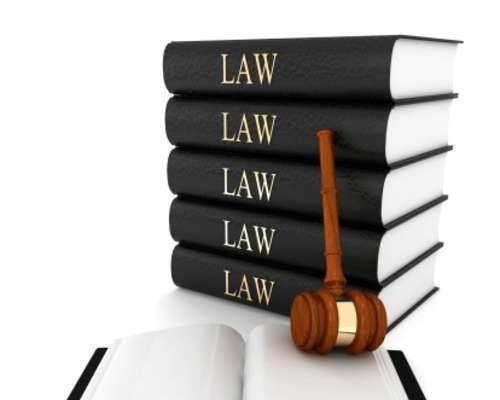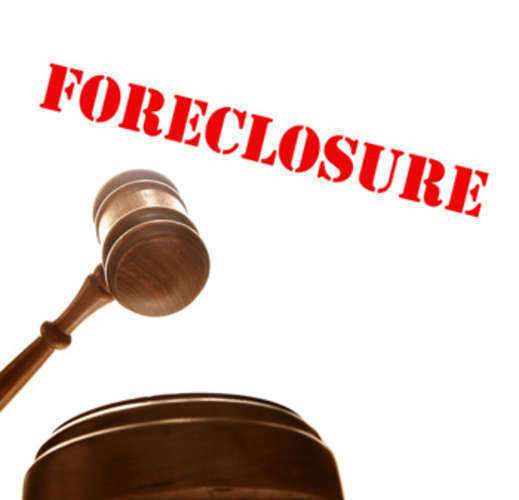Community Property Explained

Community property is a legal principle regarding marriage and its disposition between the married parties. It is implemented only in nine states in America, which are Arizona, Idaho, Nevada, Texas, Wisconsin, California, Louisiana, New Mexico, and Washington. Community property essentially refers to the idea that any property which the parties within a marriage might gain while being married to one another is community property.
This means that neither party involved in the marriage actually owns these community properties, while both can lay some claim to the community properties. If, for example, a husband and wife were to buy a house together after they got married, then under the rules of community property as they might exist in the state where the husband and wife were married, the house would be owned half by the husband and half by the wife, even if the vast majority of the money for the house were to come from one or the other, as opposed to both together.
This is of particular importance for divorce cases, as all the properties which are considered community properties would then have to be divided among the different parties in the marriage, such that they were given an absolutely equal share of the community properties.
Each of the states that use the basic notion of community property has its own specific rules and regulations regarding the enforcement of the concept of community property. This is significant as community properties in one state will not be treated the same as community properties in another state.

















